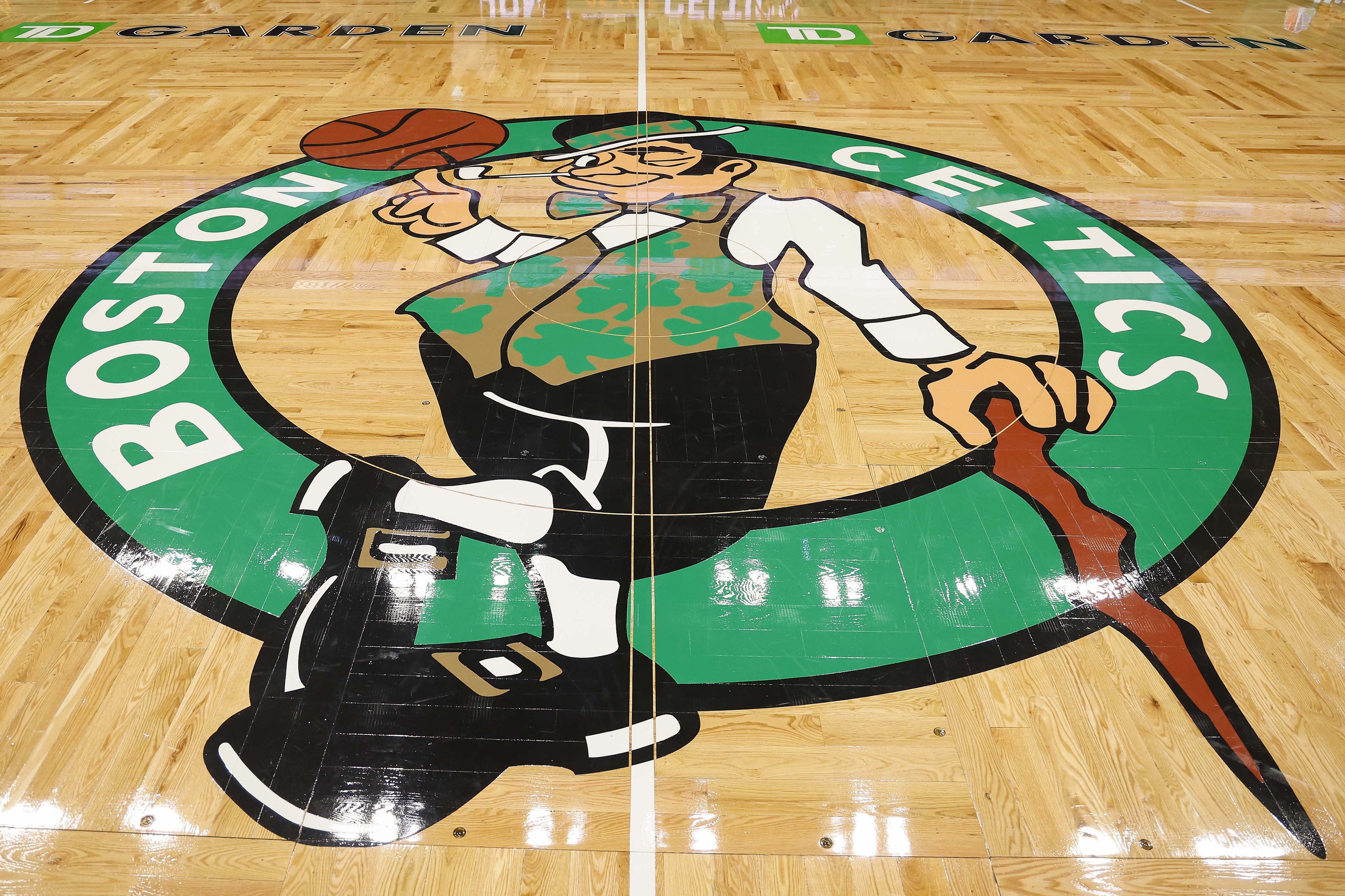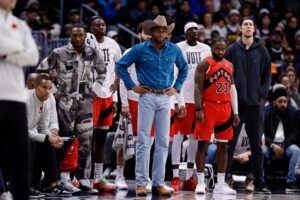The Boston Celtics‘ 2018-2019 roster had all the makings of a championship team. They had young stars like Jayson Tatum and Jaylen Brown veteran leadership from Al Horford, and All-Star talent in Kyrie Irving and Gordon Hayward. The Celtics made an impressive run to the 2018 Eastern Conference Finals without Irving and Hayward which raised expectations for the fully healthy Celtics. This team had depth, experience, and promising youth which positioned them as one of the favorites to win the NBA title. One of the most vocal critics during this turbulent season was Stephen A Smith. His commentary on the Celtics—particularly regarding Hayward’s role—fueled narratives that divided fans and perhaps even the players themselves. Smith’s insights into the 2018-19 Celtics highlighted how the team’s greatest strength—its depth—became its undoing amid leadership clashes and competing interests.
NBA Business: How Stephen A Smith Helped Derail The Greatest What If Celtics
By the end of the season, this once-dominant (they won 55 games the year prior) team had crumbled under the weight of internal conflicts, poor leadership, and media pressure. Despite all their talent, the 2018-2019 Celtics failed to live up to their potential. They bowed out in the second round of the playoffs. One major factor contributing to the Celtics’ downfall was the negative media narrative. This was exacerbated by public figures like Stephen A Smith.
Division Within the Team
The Celtics’ locker room was rife with tension throughout the season. Stars like Irving and Hayward tried to reclaim leadership roles after returning from injuries. Younger players like Tatum and Brown, who had led the team to success in the previous season, felt sidelined. There were growing issues about minutes, roles, and touches on the ball. According to multiple reports, the younger players felt stifled by the reintroduction of Hayward and Irving. The veterans struggled to assert themselves as leaders of the team.
This internal division was aggravated by off-court drama and public criticism. The team’s struggles were amplified by outside voices, particularly from sports commentators who scrutinized every move.
Stephen A Smith’s Role in Fueling the Drama on the 2018-19 Celtics
One of the most prominent voices stoking the flames of discontent on the Celtics was ESPN analyst Stephen A Smith. During a particularly volatile period for the Celtics, Smith publicly questioned Hayward’s return to the starting lineup, suggesting that his reintegration had disrupted the team’s chemistry. Smith went as far as to imply that Brad Stevens, the Celtics’ coach, was showing favoritism toward Hayward due to their relationship from their college days at Butler University.
Stephen A Smith’s criticism was not just casual commentary; it became a central part of the media narrative surrounding the Celtics’ struggles. This criticism helped shape public opinion, amplifying the sense of division within the team. His comments intensified the debate about whether Hayward should have been given a smaller role upon his return. These comments further divided fans, analysts, and possibly even the Celtics themselves.
Smith’s take was not isolated, but his platform allowed the narrative to spread widely. By labeling Hayward’s return as a major disruption, Smith made the already unstable situation worse. He was essentially drawing lines in the sand, framing the Celtics’ problems as a leadership battle between the younger core and returning veterans.
The Media’s Role in Team Dynamics
While the Celtics’ struggles were not solely the result of media narratives, the pressure certainly played a role. Constant criticism from high-profile voices like Stephen A Smith can have real consequences in a locker room already on edge. For a Celtics team, where player roles were already in flux, outside pressure only added fuel to an already burning fire. The media’s focus on Hayward’s role and the constant spotlight on Irving’s erratic behavior made it harder for the team to find a cohesive identity.
Stephen A Smith wasn’t wrong to point out the friction that existed with Hayward’s return. However, his analysis fanned the flames of internal strife. Public narratives like the one he drove created an atmosphere where players may have felt the pressure from not just their teammates but also from the expectations of fans and media.
The Unraveling of a Promising Season
As the season wore on, it became clear that the Celtics’ issues ran deeper than on-court performance. The leadership vacuum created by Irving’s erratic behavior and Hayward’s tentative return led to an implosion. After their disappointing playoff exit, it became evident that this was the most talented Celtics team that never reached its potential.
Though media pressure wasn’t the sole reason for their downfall, voices like Stephen A Smith played a key role in driving a narrative that exacerbated existing divisions. In a sport where chemistry and leadership are just as important as talent, the Celtics became a cautionary tale of how outside narratives can influence team dynamics.
The 2018-2019 Celtics will be remembered not for their talent, but for the divisions that tore them apart. What could have been a championship team fell apart in part due to the media narrative, leadership tussles, and a failure to align the individual interests of the players.






